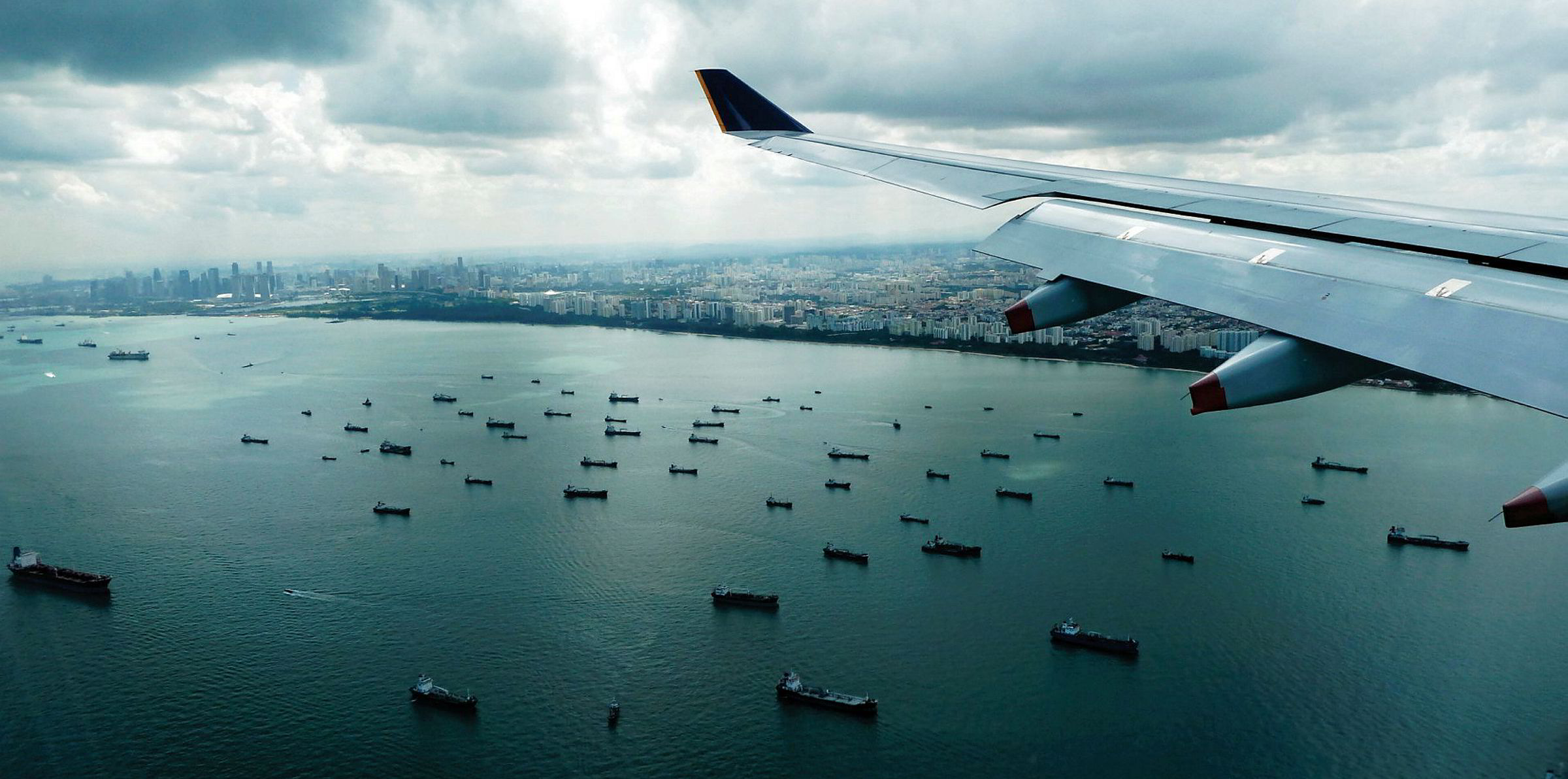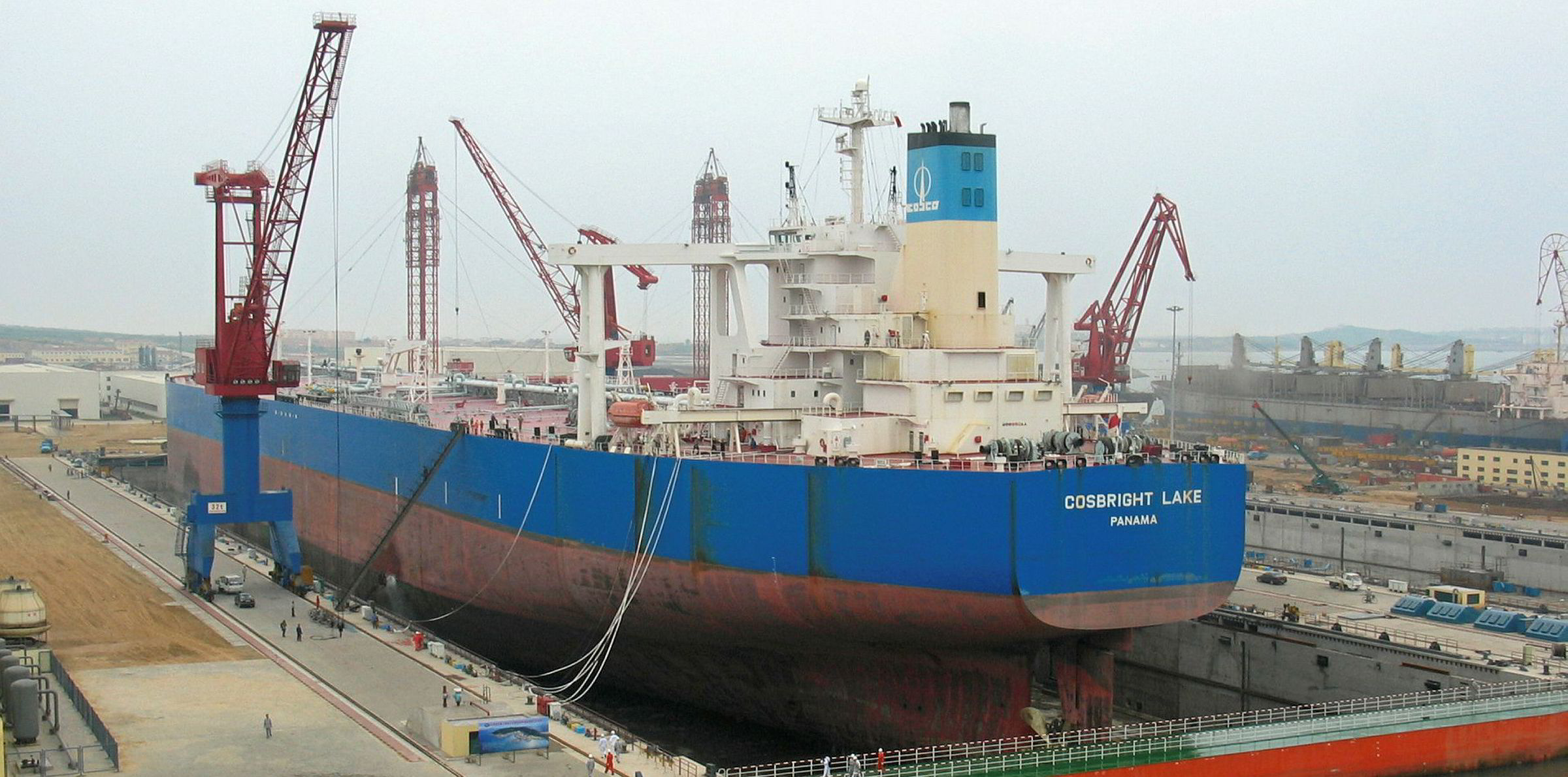The IMO 2020 sulphur cap is a “devastating monster” that is “sabotaging global shipping and the economy”. That is the view of one Kiev-based media outlet after it had hoovered up a few negative headlines from around the world.
Coastal shipping off East India would grind to a halt due to lack of bunker supplies, it noted. The lack of compliant fuel in the Philippines was causing problems, and China had arrested two foreign vessels for violating the regulations, it said.
TradeWinds itself also reported shipowners complaining that some low-sulphur fuel has been shown to be above the IMO’s specified 0.5% limit.
There is little doubt that the industry is going through a turbulent period, two weeks into the cleaner-fuel regime.
These are early days and there will no doubt be some serious problems still to come, but it is important to look at the wider picture as well.
The biggest shake-up in marine fuel for decades — described as “disgraceful” by some and "impossible" by others — has happened.

Demands for postponement were rightly seen off.
Shipping has coped. The market has worked. The maritime industry — brought kicking and screaming to the table in some cases — has embraced change.
This should now be a cleaner industry, able to walk taller and expect a deeper measure of respect at environmental policy meetings from international policymakers.
And, of course, the low-sulphur move is a vital first step as the wider transport industry and other parts of the economy work out how to close in on a fully zero-carbon goal to tackle global warming.
But no one would pretend it has been a trouble-free couple of weeks. Some companies have benefited, some have suffered.
The biggest shake up in marine fuel for decades — described as 'disgraceful' by some and 'impossible' by others — has happened
Those shipowners needing to buy very low-sulphur fuel oil are being forced to pay up to twice as much as those who have fitted exhaust gas cleaning systems — or “scrubbers”.
As my colleague Ian Lewis reported last week, the spread of $370 per tonne between the two kinds of fuel is a record high.
The good news for some tanker owners is that scrubber-fitted VLCCs are earning a charter premium of $20,000 per day.
This makes it look like the cost of fitting scrubbers is going to pay off much quicker than was originally anticipated — potentially in less than a year in some cases.
Product carriers, containerships and other types of tonnage fitted with cleaning technology are also benefiting from higher freight rates.
Again, there are reports that scrubber-fitted boxships of about 5,000 teu are already winning two-year hire deals that are priced 30% above their peers.
Market rates are also being raised by significant amounts of ships being unavailable to work while they have scrubbers fitted.
Limited yard capacity, plus a shortage of labour and materials, has meant big delays for those shipowners who left it late to retrofit their tonnage with exhaust gas cleaning equipment.
The losers will no doubt complain that this is just the kind of “disgraceful” situation envisaged by the Cyprus Union of Shipowners.
Certainly operators trying to use very low-sulphur fuel oil are being forced unfairly to pay way over the odds because supplies are limited and expensive.
Extra costs
Companies are trying to recover their extra costs by passing them on to the customer in the way of supplementary “bunker adjustment factors” or otherwise. Shippers are not always willing to go along with this.
Bimco, which claims its membership controls 60% of the world’s tonnage, said there could be loan defaults by owners if the price of compliant fuel does not fall.
In fact, the new fuel has become more expensive than diesel and gasoline in Singapore, Asia’s main oil trading hub.
And yet it should be cheaper to make.
Critics question whether the oil companies are using the situation to profiteer not just cover the cost of upgrading their refineries.
The situation is not helped by the higher price of global crude partly due to geopolitical uncertainty after the US military strike in Iraq.
There are plenty of problems to solve still with IMO 2020 but this is no devastating monster and there are major benefits to come.






